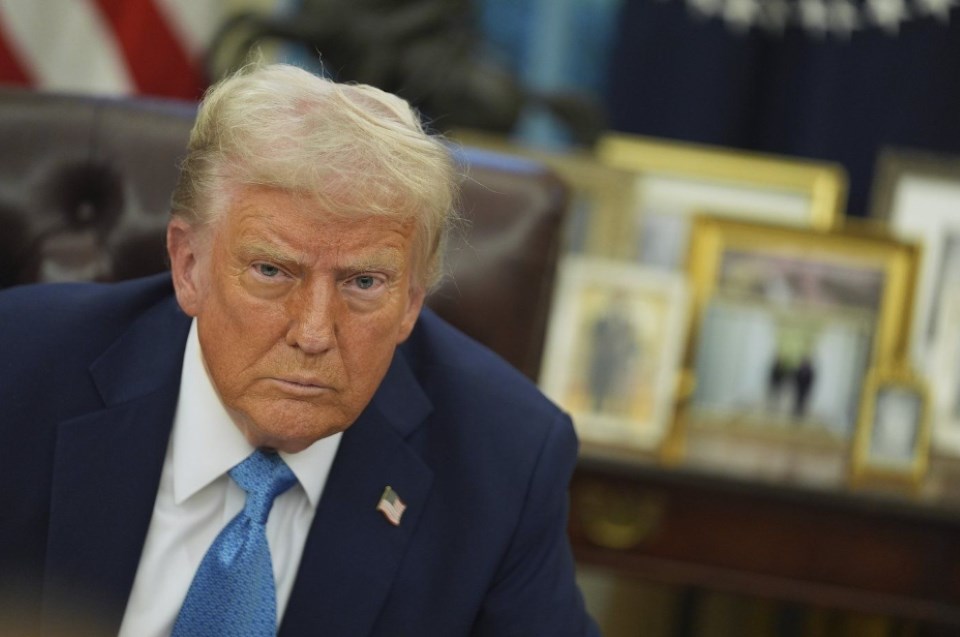MOOSE JAW — City hall has created a tariff management policy to address the challenges those extra costs pose to procurement efforts and to mitigate their effects to ensure sustainable and cost-effective acquisition practices.
Recent tariff increases have affected the cost of goods and services, an April 28 city council report said, with the main issues including:
- Increased costs of imported goods, which affect the city’s budget and may require cuts to other areas to accommodate the increased expenses
- Supply chain disruptions, making it difficult to source materials and components and leading to delays in completing projects and affecting service quality
- Relying on a limited number of suppliers from tariff-affected regions exacerbates the extra charges’ effect, making the city vulnerable to price fluctuations and supply shortages
- Uncertainty with budgeting and financial planning, leaving the city struggling to predict future costs or allocate resources effectively
- Effects on Moose Jaw’s economy and community well-being since higher procurement costs could lead to reduced spending on projects and services
The tariff management policy proposes several strategies to mitigate the extra costs, including:
- Diversifying the source of manufacturers by encouraging contractors to source materials from different suppliers, which could stabilize supply chains and reduce the risk of price hikes
- Conducting thorough reviews of procurement requirements to identify opportunities to avoid tariffs, including analyzing the necessity of imported goods and exploring alternatives not subjected to tariffs
- Potentially delaying purchases until tariffs are reduced or eliminated, which can help the city avoid the immediate effects of tariffs and allow time for market conditions to improve
- Considering short-term leasing or renting options on equipment instead of buying machines, which could provide flexibility and reduce the financial burden until the tariff situation is rectified
- Potentially reducing city services to mitigate the effect of tariffs, which would require council’s approval and involve prioritizing essential services while temporarily scaling back non-essential ones
Furthermore, with pricing proposals, the policy suggests that city hall should use the municipality’s existing procurement templates; stakeholders should consult with the city’s legal services to determine the appropriate template to use; contractors’ bids should include applicable or expected tariffs in the total bid package or as a line item; and the city will deal with the tariffs’ effect on pricing with each agreement it pursues.
When bidding on projects, contractors must provide detailed information on the tariffs’ current effect and provide an updated list — on components, their original price, the tariff rate and the cost effect — with each price adjustment, subject to municipal review and approval, the report said.
Furthermore, the city is encouraging bidders to consider other strategies such as:
- Diversifying suppliers and potentially sourcing from alternative regions with lower tariffs
- Sourcing materials or components domestically or locally to support community businesses and reduce the reliance on international suppliers
- Re-evaluating product designs to use materials or components that attract lower tariffs, making the project more cost-effective and tariff-resistant
- Increasing inventory of supplies to avoid higher fees
- Negotiating or re-negotiating prices or payment terms with suppliers to share the tariff increase burden
The city’s current process for tenders and requests for proposals is that city hall accepts bids for 60 days following the submission deadline, the report said. However, that will change to 30 days to reduce the effect of tariff fluctuations during the bid evaluation process.
“This shorter acceptance period can help ensure more accurate pricing and reduce the risk of unexpected tariff changes affecting procurement costs,” the report added.
Coun. Carla Delaurier commended city administration for creating this policy, saying it takes hard work to deal with a situation that changes weekly.
Coun. Chris Warren echoed Delaurier’s sentiments, noting that administration is being proactive in attempting to safeguard the municipality against these tariffs. He noted that this policy also makes sense since the city usually spends plenty of money during the procurement process.
Council later voted unanimously to accept the tariff management policy.
The next regular council meeting is Monday, May 12.




